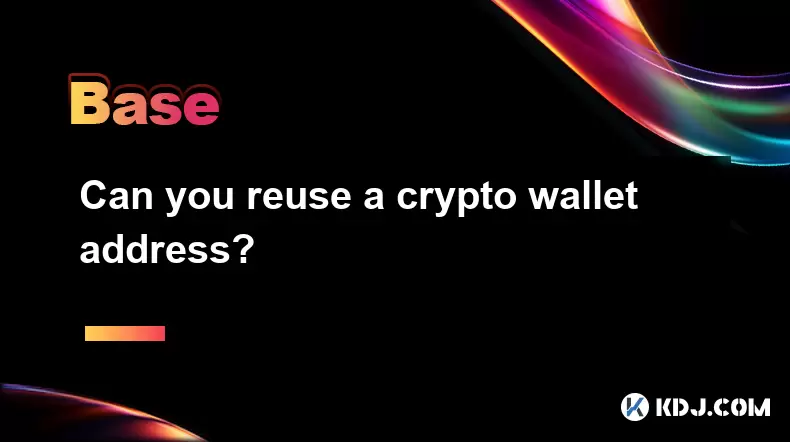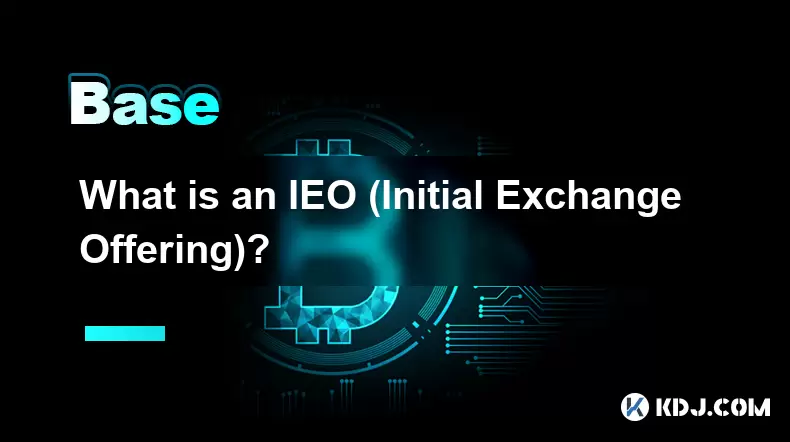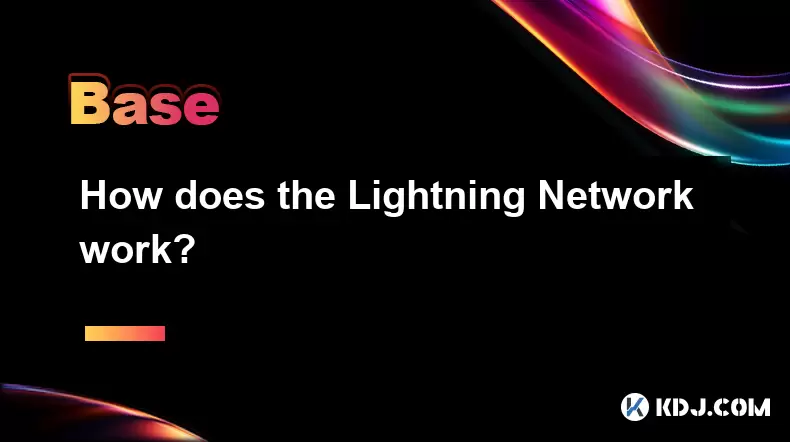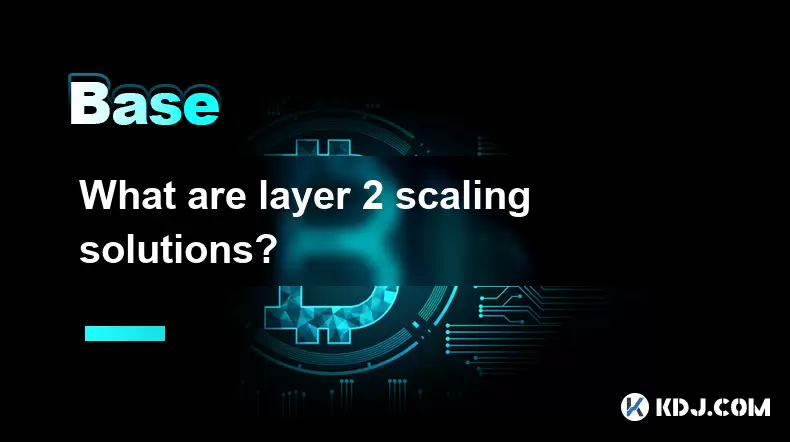-
 Bitcoin
Bitcoin $116400
-0.36% -
 Ethereum
Ethereum $4033
3.40% -
 XRP
XRP $3.302
-1.26% -
 Tether USDt
Tether USDt $1.000
-0.02% -
 BNB
BNB $796.1
1.67% -
 Solana
Solana $177.8
1.89% -
 USDC
USDC $0.9999
0.00% -
 Dogecoin
Dogecoin $0.2314
4.09% -
 TRON
TRON $0.3381
0.14% -
 Cardano
Cardano $0.7989
1.22% -
 Stellar
Stellar $0.4496
-1.84% -
 Chainlink
Chainlink $20.42
9.42% -
 Hyperliquid
Hyperliquid $41.17
0.88% -
 Sui
Sui $3.914
3.77% -
 Bitcoin Cash
Bitcoin Cash $584.7
1.52% -
 Hedera
Hedera $0.2632
-0.54% -
 Avalanche
Avalanche $24.09
3.40% -
 Ethena USDe
Ethena USDe $1.001
-0.02% -
 Litecoin
Litecoin $123.2
1.33% -
 Toncoin
Toncoin $3.318
-0.04% -
 UNUS SED LEO
UNUS SED LEO $8.984
-0.05% -
 Shiba Inu
Shiba Inu $0.00001323
2.85% -
 Uniswap
Uniswap $10.90
4.41% -
 Polkadot
Polkadot $3.999
3.34% -
 Dai
Dai $1.000
0.01% -
 Cronos
Cronos $0.1630
9.64% -
 Bitget Token
Bitget Token $4.484
0.82% -
 Monero
Monero $272.4
2.44% -
 Pepe
Pepe $0.00001173
6.03% -
 Aave
Aave $290.8
2.88%
What are the risks of investing in cryptocurrency?
Cryptocurrency investments face extreme volatility, regulatory gaps, hacking risks, and irreversible transactions, exposing users to significant financial and security challenges.
Aug 09, 2025 at 01:28 pm

Volatility and Price Fluctuations
Investing in cryptocurrency exposes individuals to extreme price volatility, a hallmark of digital assets. Unlike traditional financial instruments such as stocks or bonds, cryptocurrencies like Bitcoin and Ethereum can experience double-digit percentage swings in value within a single day. This volatility stems from a combination of speculative trading, low market liquidity in certain altcoins, and the absence of underlying earnings or dividends. For example, Bitcoin dropped over 50% in value between April and July 2021, only to rebound sharply months later. Such unpredictability makes it difficult for investors to assess true asset value or maintain stable portfolio allocations. Emotional decision-making, such as panic selling during downturns or FOMO (fear of missing out) during rallies, further amplifies risk exposure.
Lack of Regulation and Oversight
One of the foundational principles of cryptocurrency is decentralization, but this also means minimal regulatory oversight in many jurisdictions. While countries like the United States and Japan have begun implementing frameworks for exchanges and reporting, many regions still lack comprehensive laws governing digital assets. This regulatory gray area enables fraudulent projects, unlicensed exchanges, and market manipulation to thrive. For instance, some initial coin offerings (ICOs) have been exposed as outright scams, raising millions before disappearing. Without regulatory safeguards like investor protection funds or audit requirements, investors may have no legal recourse if funds are lost or stolen. The absence of standardized reporting also makes it difficult to evaluate the legitimacy of projects or financial health of crypto platforms.
Security Vulnerabilities and Hacking Risks
Despite the robustness of blockchain technology, the surrounding infrastructure is often a weak point. Cryptocurrency exchanges and wallets are prime targets for cyberattacks. In 2014, Mt. Gox, once the largest Bitcoin exchange, collapsed after losing 850,000 BTC to hackers. More recently, in 2022, the Ronin Network was exploited, resulting in a loss of over $600 million. These breaches highlight the risk of storing assets on third-party platforms. Even individual investors face threats: phishing attacks, malware, and SIM-swapping can compromise private keys. To mitigate risk, users are advised to use hardware wallets and enable two-factor authentication (2FA). However, if a private key is lost or stolen, recovery is typically impossible due to the immutable nature of blockchain.
Irreversible Transactions and Loss of Access
Transactions on most blockchain networks are designed to be irreversible. Once a transfer is confirmed, it cannot be undone, even in cases of human error or fraud. Sending funds to the wrong wallet address results in permanent loss of assets. There is no central authority to reverse transactions or issue chargebacks, unlike with credit card payments. Additionally, investors who misplace their recovery phrases or private keys lose access to their holdings forever. This is particularly concerning for non-technical users who may not fully understand the importance of securely backing up seed phrases. Storing recovery information on unencrypted devices or in easily accessible locations increases the likelihood of compromise.
Market Manipulation and Pump-and-Dump Schemes
The relatively unregulated nature of cryptocurrency markets makes them susceptible to manipulative trading practices. One common tactic is the pump-and-dump scheme, where coordinated groups artificially inflate the price of a low-market-cap coin through aggressive buying and social media hype, then sell off their holdings at peak prices. Retail investors who buy in late often suffer significant losses when the price collapses. These schemes are especially prevalent in smaller altcoins with limited trading volume. Influencers and anonymous groups on platforms like Telegram or Discord frequently orchestrate such events, sometimes without disclosing their financial interests. Tools like on-chain analytics can help detect unusual trading patterns, but most individual investors lack the expertise to interpret them effectively.
Tax and Legal Uncertainty
Cryptocurrency taxation varies widely across countries, and many investors fail to comply due to confusion or lack of clarity. In the United States, the IRS treats digital assets as property, meaning every trade, sale, or use of crypto for purchases may trigger a taxable event. Failing to report these transactions can lead to audits, penalties, or legal action. Some investors are unaware that converting Bitcoin to Ethereum, for example, constitutes a taxable disposition. Additionally, legal classification of certain tokens remains ambiguous—whether they are securities, commodities, or utilities affects regulatory obligations. This uncertainty complicates compliance and increases the risk of unintentional violations.
Technological Obsolescence and Project Failure
The cryptocurrency space evolves rapidly, and many projects fail to deliver on their promises. Outdated protocols, poor development teams, or lack of adoption can render a digital asset obsolete. For example, numerous altcoins launched during the 2017 ICO boom have since become inactive or abandoned. Holding such assets results in total capital loss. Investors must conduct thorough due diligence, examining whitepapers, development activity on GitHub, and team credibility. Even established blockchains face risks—hard forks, consensus failures, or scalability issues can undermine confidence and value. Relying solely on price momentum without understanding the underlying technology increases exposure to long-term failure.
Frequently Asked Questions
Can I recover my cryptocurrency if I send it to the wrong address?
No, blockchain transactions are irreversible. If you send funds to an incorrect or invalid address, there is no mechanism to reverse the transaction. The only possibility of recovery depends on whether the recipient is known and willing to return the funds, which is rare. Always double-check wallet addresses before confirming any transfer.
Are all cryptocurrency exchanges equally vulnerable to hacking?
No, security measures vary significantly between exchanges. Reputable platforms implement cold storage, multi-signature wallets, and regular security audits. However, even well-known exchanges have been compromised in the past. Users should research exchange security practices and avoid keeping large amounts of crypto on any exchange for extended periods.
How can I protect my private keys?
Store private keys in air-gapped hardware wallets like Ledger or Trezor. Never share them or store them in cloud services, emails, or unencrypted files. Write down recovery phrases on physical media and keep them in a secure, offline location. Avoid taking screenshots or storing them digitally.
What should I do if a cryptocurrency project I invested in shuts down?
If a project ceases development or its token becomes delisted, your investment may lose all value. Monitor official communication channels for updates. In some cases, teams may offer token swaps or refunds, but this is not guaranteed. Assess the project’s roadmap and community activity before investing to reduce such risks.
Disclaimer:info@kdj.com
The information provided is not trading advice. kdj.com does not assume any responsibility for any investments made based on the information provided in this article. Cryptocurrencies are highly volatile and it is highly recommended that you invest with caution after thorough research!
If you believe that the content used on this website infringes your copyright, please contact us immediately (info@kdj.com) and we will delete it promptly.
- Maxi Doge Presale: The Meme Coin That's Pumping Iron and Prices!
- 2025-08-09 19:10:11
- Rare Coin Warning: Don't Get Fooled by That 1p Coin!
- 2025-08-09 18:50:12
- Cardano, Unilabs, and Tron Price: Decoding the Latest Crypto Buzz
- 2025-08-09 18:30:12
- Aerodrome Finance: Price Targets and the Bullish Channel - What's Next?
- 2025-08-09 18:50:12
- BlackRock and the Crypto ETF Landscape: No XRP (Yet!), But What's Next?
- 2025-08-09 19:10:11
- Rare Coin Frenzy: eBay Sees 2p Coin Listed for Over £2K!
- 2025-08-09 18:55:11
Related knowledge

What happens if I forget my crypto wallet password?
Aug 09,2025 at 08:50am
Understanding the Role of a Crypto Wallet PasswordA crypto wallet password serves as a critical security layer that protects access to your digital as...

Can you reuse a crypto wallet address?
Aug 08,2025 at 03:49pm
Understanding Wallet Addresses in CryptocurrencyA crypto wallet address is a unique identifier used to send and receive digital assets on a blockchain...

What is an IEO (Initial Exchange Offering)?
Aug 09,2025 at 06:22am
Understanding the Concept of IEO (Initial Exchange Offering)An Initial Exchange Offering (IEO) is a fundraising method used by blockchain-based projec...

Are meme coins a good investment?
Aug 08,2025 at 11:36pm
Understanding Meme Coins and Their OriginsMeme coins are a category of cryptocurrencies that originated from internet humor or viral trends rather tha...

How does the Lightning Network work?
Aug 09,2025 at 07:15pm
What Is the Lightning Network?The Lightning Network is a second-layer scaling solution built on top of blockchain networks, primarily Bitcoin, designe...

What are layer 2 scaling solutions?
Aug 09,2025 at 04:07am
Understanding Layer 2 Scaling Solutions in CryptocurrencyIn the world of blockchain and cryptocurrencies, scalability has long been a pressing challen...

What happens if I forget my crypto wallet password?
Aug 09,2025 at 08:50am
Understanding the Role of a Crypto Wallet PasswordA crypto wallet password serves as a critical security layer that protects access to your digital as...

Can you reuse a crypto wallet address?
Aug 08,2025 at 03:49pm
Understanding Wallet Addresses in CryptocurrencyA crypto wallet address is a unique identifier used to send and receive digital assets on a blockchain...

What is an IEO (Initial Exchange Offering)?
Aug 09,2025 at 06:22am
Understanding the Concept of IEO (Initial Exchange Offering)An Initial Exchange Offering (IEO) is a fundraising method used by blockchain-based projec...

Are meme coins a good investment?
Aug 08,2025 at 11:36pm
Understanding Meme Coins and Their OriginsMeme coins are a category of cryptocurrencies that originated from internet humor or viral trends rather tha...

How does the Lightning Network work?
Aug 09,2025 at 07:15pm
What Is the Lightning Network?The Lightning Network is a second-layer scaling solution built on top of blockchain networks, primarily Bitcoin, designe...

What are layer 2 scaling solutions?
Aug 09,2025 at 04:07am
Understanding Layer 2 Scaling Solutions in CryptocurrencyIn the world of blockchain and cryptocurrencies, scalability has long been a pressing challen...
See all articles

























































































